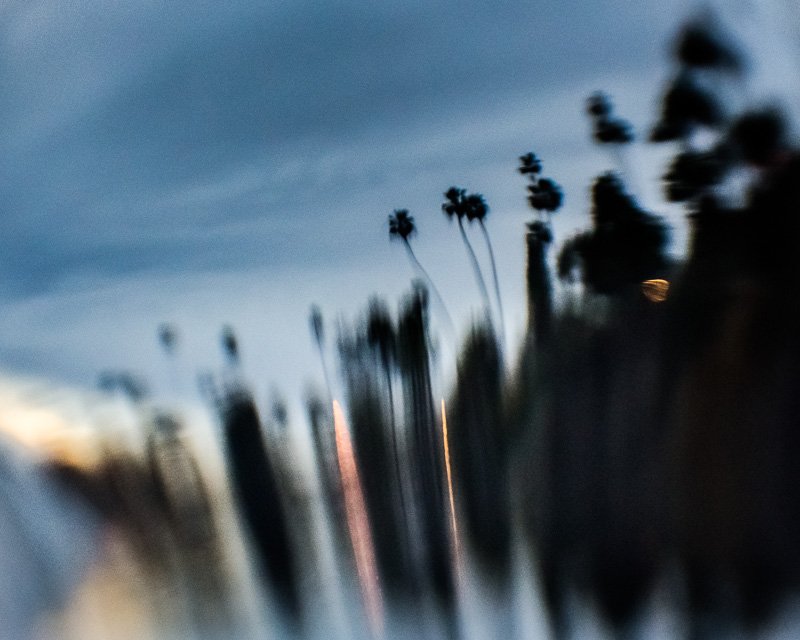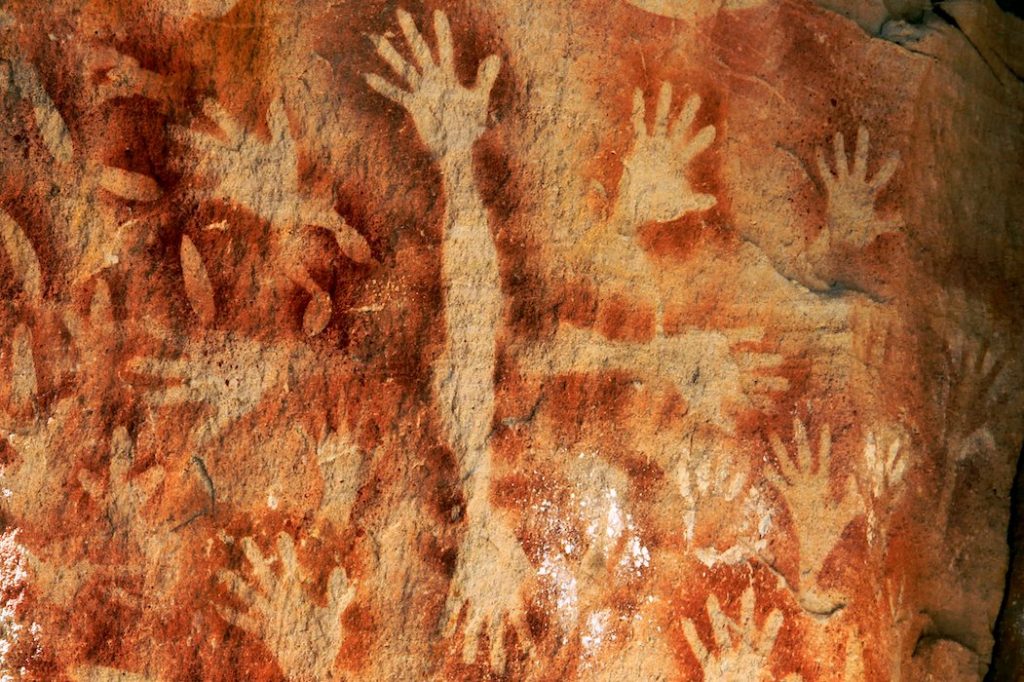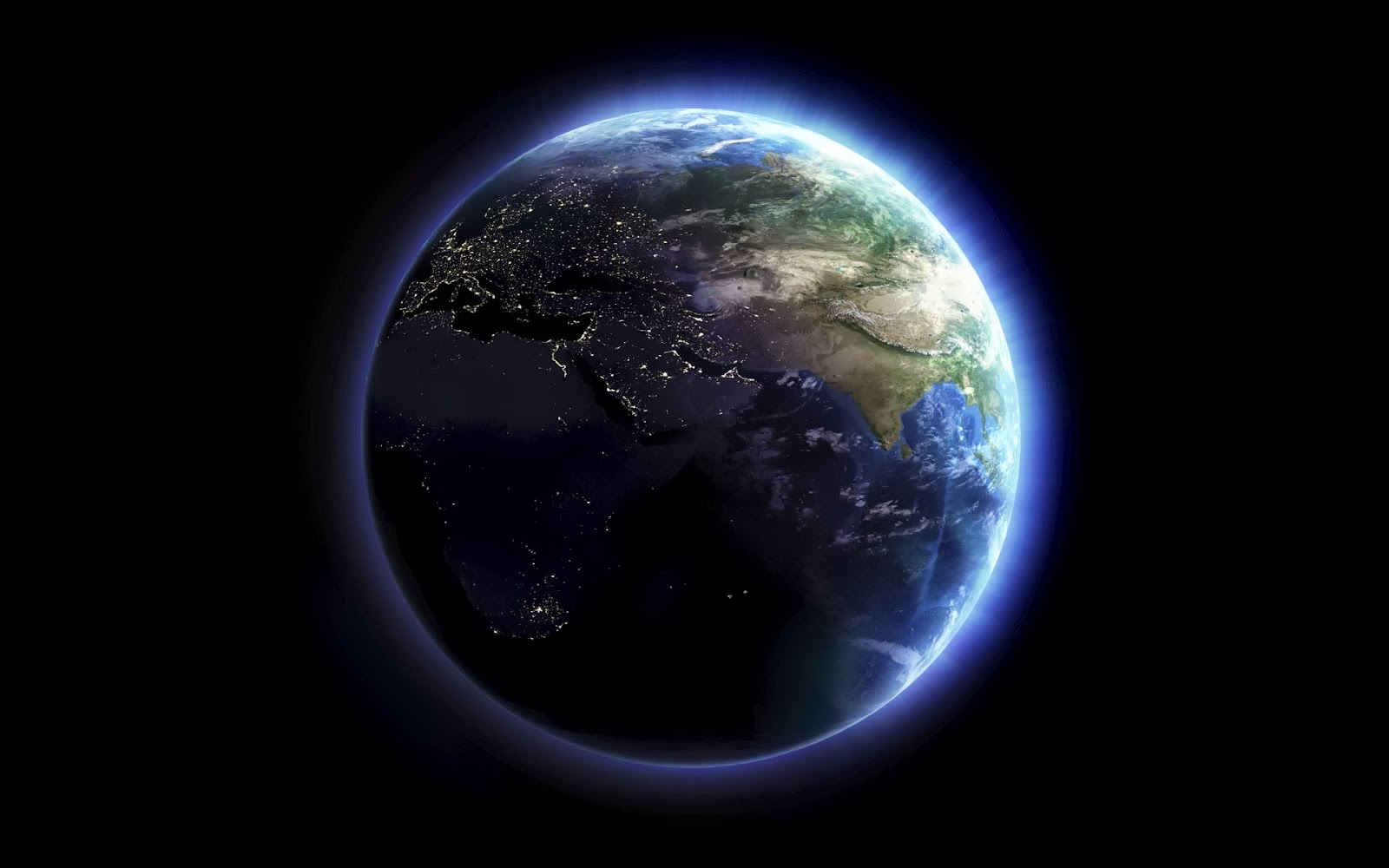The Paradox of Wise Activism
As the full extent of the unfolding catastrophe of the Anthropocene becomes clear, many of us feel the pain of the world as a drag on our spirits, a heartrending sorrow that manifests as depression, along with guilt over our complicity in causing suffering, and fear over what the future may have in store for us.
The bad news hits us over and over again: warming seas, storms and floods, wildfires and loss of forests, millions of species disappearing into the void of extinction. Is it any wonder we’re upset?
And yet, as spiritually attuned activists, a large part of our task is to keep our internal compass steady. Somewhat paradoxically, to be effective change agents on the planet, the best thing we can do—for ourselves and for our beloved world—is to keep our spirits high.
We can take our cues from the non-human beings on the planet. When a forest is cut down, what happens? Immediately, life gets busy—adapting, growing, renewing what has been lost. Other animals do not get depressed and anxious about, say, their dwindling numbers. Each survivor stays in the present moment, striving to live as fully as they can.
Whether we are sitting on our meditation cushion or marching with others at a protest, what matters most is that we attune ourselves to the positive energy that is always vibrating through the anima mundi, the soul of the world. This doesn’t mean that we deny our sorrow and grief over the profound losses of our time. The song of the Earth, right now, is often in a minor key. But beneath the sadness of the present moment, every molecule of the planet is attuned to the fundamentally positive vibration of Life, which is always moving towards the joyful creation of more life, the way a flower twirls on its stem to follow the path of the Sun.
As we attend this transition time on Earth, like two-faced doulas assisting in the death of the old while also birthing the new, it’s essential to stay connected to the joyous harmony of the anima mundi. Though at times emotions like anger, grief and despair will pass through us with hurricane force, it helps to remember that in geological time the convulsions of change on our planet are nothing new. They’ve happened before and will happen again. Through it all, the pulsing vibration of the world soul continues unperturbed, secure in the knowledge that life goes on.
Our activism on behalf of the planet has to come from this sense of inner security. Life goes on. We are energy in physical form, fundamentally connected to the elements that compose us: Earth, Water, Sun and Air. For these there is no death, only transformation. And through all the endless transmutations of matter and Spirit on Earth, the symphony of Life plays on, sweet and steady.
In one of his most beautiful poems, the Sufi poet Rumi enjoins us to remember the Spirit that animated each of us as we were born and gave us our life mission.
God picks up the reed-flute world and blows.
Each note is a need coming through one of us,
A passion, a longing, a pain.
Remember the lips
Where the wind-breath originated,
And let your note be clear.
Don’t try to end it.
Be your note.
The last part of the poem is less often quoted, but it is where activism and spirituality meet:
I’ll show you how it’s enough.
Go up on the roof at night
in this city of the soul.
Let everyone climb on their roofs
and sing their notes!
Sing loud!*
This advice, ringing through the centuries, is needed now more than ever. We can see it in action in someone like Greta Thunberg, who threw off the miasma of depression and stepped boldly beyond the social isolation of autism to sit on the steps of the Swedish parliament, “being her note” in berating politicians for their inaction on the climate crisis.
It was enough to spark thousands of other young people to step out into the streets to “sing their notes” loudly along with her, a chorus now joined by people of all ages in the Extinction Rebellion movement and many other collective efforts to vibrate with the beauty of the planet and insist on its protection.
To get in touch with your note—the spiritual vibration that links your heart with the heart of the world—the first step is to listen for it. You’ll find that it’s a wild, joyous inner melody, which is awakened and strengthened by your perception of beauty, harmony and love in the outer world.
That’s why, despite the urgency of our current crisis, it is not a “waste of time” or an act of denial to do the things that make us joyful—to work actively to lift our own spirits and cheer those around us. A depressed, frightened, angry community cannot do the work that we are being called to now.
It’s important that we take the time to get away from the ugliness and superficiality of our artificial landscapes and 2-D screens, as well as from the pressure of clocks and deadlines. Without hurry, with no agenda other than exulting in the present moment, we need to feel the wind on our skin, the warmth of fire, and the cool touch of water. We need to sink our fingers into the warm living Earth. None of this is a luxury.
Being our note, together, loudly, means allowing the positive vibration of the life force that called us into this world to come through us, rippling out in ever widening circles of joy. Laughing in the face of trouble may seem counter-intuitive, but we can best work for the flourishing of the Earth community by keeping our spirits high.
*Jalāl, Al-Dīn Rūmī. “Each Note.” The Essential Rumi. Trans. Coleman Barks. San Francisco, CA: Harper, 1995. 102-03. Print.






